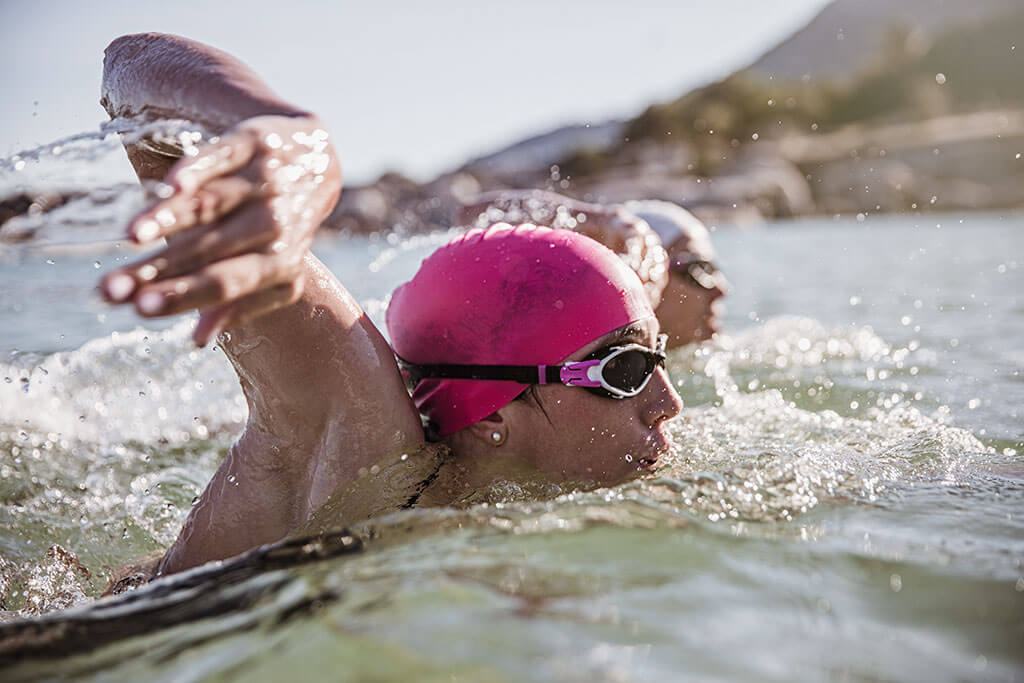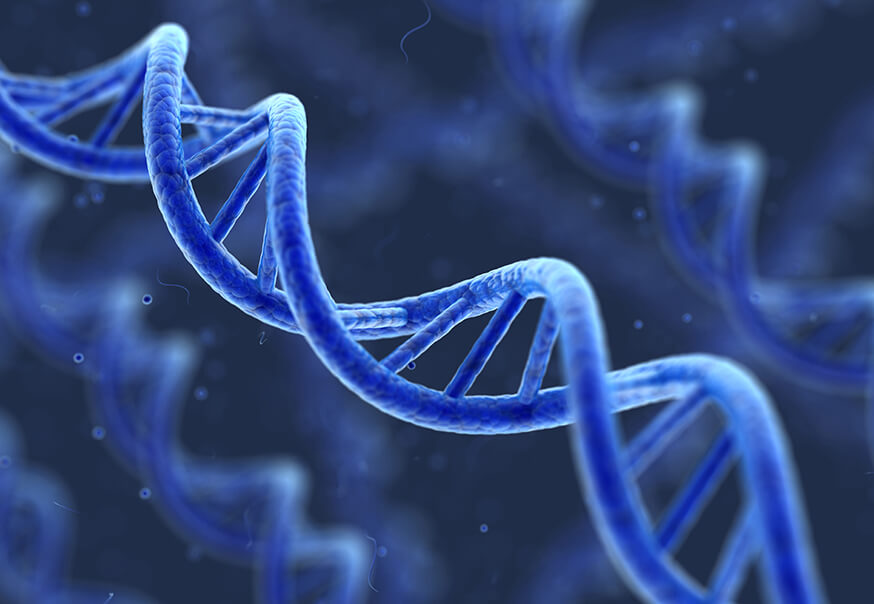Technology informed by unparalleled Decentralized Trials (DCT) operational experience and delivered at global scale.
Biosample collection is an inevitable part of most clinical trials. Site teams draw blood or fluids, collect genetic samples, and gather other materials that can be used in the current study and for future applications. In many cases, sponsors will want to save leftover samples in case they become useful for future research. But without a clear plan for how they will use the sample in the future can create issues for sponsors down the road.
Under today’s regulations, patients must specifically agree to how their specimens will be used in the current trial – and beyond. If they don’t, it could lead to serious privacy violations.
This issue was made famous by the story of Henrietta Lacks, an African-American woman whose cancer cells and medical records led to the first human cell line in medical research – without her knowledge or consent. At the time, in the 1930s, the use of patient samples wasn’t illegal. But since then, regulators have introduced rules requiring donors to give clear consent for how sponsors and sites can use their specimens.
At the same time, patients are becoming more educated about their rights in the clinical research process, and they are demanding greater proof of privacy and control over how their data and samples will be used. Patients want the power to say what they consent to – or don’t – and to change their mind about how their samples will be used. That means sponsors need proof that they were given consent to use samples in new applications and be able to track down and destroy any sample once a consent expires.
This demand for control and varying options on how samples can be used requires a level of granularity and traceability in consent forms that can’t be accomplished with traditional paper-based processes. Today’s sponsors need to be able to track every sample back to the source or risk compliance issues.
Every sample is sacred
Ideally, sponsors would like broad consent to use biosamples however they see the need today and in the future. But many patients have different preferences. Some may agree for them to be used only in the immediate trial; others may consent to their use in all subsequent trials for that specific treatment or disease; and others may consent to their use in any future medical research for 10 years, or in perpetuity.
Each of these categories affects how, where, and when individual samples can be used. If a study gathers thousands of samples, tracking each of them back to the original donor and their signed consent can be a complicated process.
Imagine a storage unit housing a thousand vials of blood, each of which comes from a different donor who set unique expectations for its use. If the sponsor wants to ensure they are only using samples for which they have permission, biosample consenting has to be part of the informed consent process and include clear language about intent. Sponsors also need a system in place that can link that consent back to every sample so that only those that have been approved will be used in future applications.
End-to-end tracking
IQVIA’s econsent system can now accommodate this complex biosample tracking requirement.
The platform includes a new biosample attribute section with integration capabilities that allow study coordinators to divide attributes for biosamples in separate consents for each application of a sample (e.g., for this trial, in future trials for this treatment, any oncology study, etc.). Alternatively, they create a single consent that lays out every single allowable use for the specimen or offers a blanket consent for all uses option.
Once the consent forms are signed, the platform uses identification numbers to link the sample to the study, site, participant, and consent parameters.
All of this data can be sent to a clinical trial sample storage and tracking system to tie the sample to the consent. If the specimen is moved to a new lab, the consent documentation moves with it. And if there's any amendment to the consent, it is also linked to that specimen through the eConsent system.
This tracking technology enables sponsors to get extremely granular in their biosample consenting process. And to make the best use of this technology, sponsors and study coordinators need to start thinking about consent long before recruiting begins.
Plan ahead
Ideally, sponsors will think through all the samples they intend to collect as part of the trial design and will craft appropriate consent forms to govern their use. Planning ahead gives sponsors time to consider when and where they might want to use these samples and to talk to patients about what level of consent they would be open to provide. This can help sponsors generate the most value from samples without overstepping expectations.
It also gives them time to ensure their eConsent platform can handle biosample consenting across large studies and to choose the best format for these forms.
As sponsors focus on targeted therapies that affect smaller patient populations, being able to use – and reuse – samples from these patient populations will be critical for accelerating research. It can reduce the need to recruit additional patients and enable companies to find answers that steer their research in new directions. But it only works if sponsors have the forethought to get these use cases approved.
Working with a platform like IQVIA’s eConsent and mapping the consent process for biosample collection is the best way to make the most of the sample collection process.
Learn more about how IQVIA Complete Consent meets the demands of complex consenting scenarios at IQVIA.com/eConsent.
Related solutions
Deliver eConsent to sites and study participants around the globe with confidence
Ease the burden on your sites and make it easier and more appealing for patients to enroll and remain engaged.

























